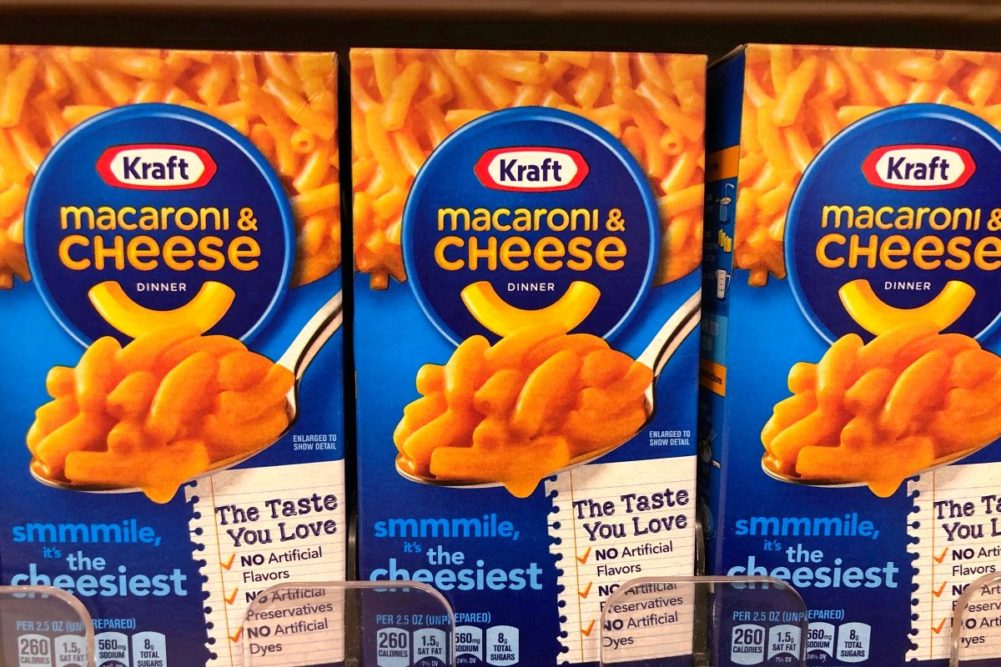BOSTON — The Kraft Heinz Co. has funded two years of research at the Wyss Institute at Harvard University in Boston that involves turning sugar into fiber in the gut, which reduces the amount of sugar absorbed into the bloodstream.
The research is based on enzymes that plants use to convert sugar into fiber. The Wyss Institute sought ways to add enzymes to food without modifying sugar content. Wyss encapsulated enzymes into spherical nanoparticles to protect them during food manufacturing processes. The enzymes remained encapsulated until they were exposed to an increase in pH, which occurs in the transition from stomach to intestine. Upon reaching the intestine, the enzymes broke open and sugar turned into fiber.
Kraft Heinz originally contacted Wyss about finding ways to reduce the amount of sugar in their food products without sacrificing beneficial properties of sugar, like caramelizing to produce browning on baked goods, thickening jams and preserves, and creating an acidic environment to reduce spoilage.
“We thought we’d come to the Wyss with an impossible problem, and they turned it on its head to present an even crazier idea to solve it,” said Judith Moca, head of technology discovery and development at Kraft Heinz.
The findings may help Kraft Heinz reach its goal of reducing the total amount of sugar in in its products by over 60 million lbs by 2025, said John Topinka, research strategy lead at Kraft Heinz.




